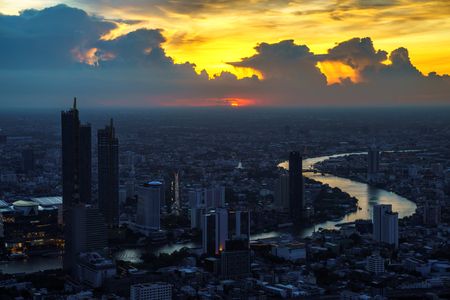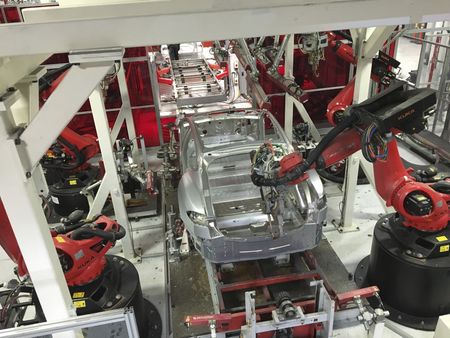By Kitiphong Thaichareon and Orathai Sriring
BANGKOK (Reuters) – Thailand’s economy is expected to grow between 3% and 3.5% this year, driven by stimulus measures and strong foreign investment, while tourist numbers should surpass 2024 figures, the finance minister said on Monday.
More big foreign investments are coming as confidence in the country grows, Pichai Chunhavajira told reporters.
Thailand is expecting at least 1 trillion baht ($29.7 billion) worth of overall investment applications this year.
“I still think (growth) should be more than 3% … By the end of the year, there will be two to three large foreign investors coming in,” he said, without elaborating on those investments.
Pichai also said he wanted to see low interest rates and that inflation was low and had room to go higher. The economy was estimated to have grown 2.6% to 2.7% last year, with annual growth projected at 3.5% in the final quarter, he said. Official 2024 GDP data is due on Feb. 17.
Southeast Asia’s second-largest economy expects 39 million foreign tourist arrivals this year, Pichai said, up from 35.5 million in 2024.
Tourism is a major driver of the economy, along with exports, which Commerce Minister Pichai Naripthaphan said were expected to beat a forecast of 2% to 3% expansion this year.
On Monday, the government launched the second phase of its signature $14 billion handout scheme, distributing 30 billion baht ($896.4 million) among 3 million people.
The government has targeted an uptake of 45 million people overall for the programme, which provides 10,000 baht to each person to spend in their localities. There were 14.5 million recipients last year.
The second phase of the scheme should add 0.1 percentage point to growth, Deputy Finance Minister Paopoom Rojanasakul told reporters. The government plans to implement phase three in the second quarter of this year.
Finance minister Pichai said a candidate for the central bank board chairman would be proposed by Feb. 7.
The filling of the post, which has no direct bearing on monetary policy, has been a controversial issue in Thailand, with concerns among many economists that the government wants to use it to influence the independent central bank. It denies that.
Thailand’s state advisory council last month said the government-backed candidate selected for the post was ineligible because of a recent political role he held.
($1 = 33.69 baht)
(Reporting by Orathai Sriring, Kitiphong Thaichareon, Thanadech Staporncharnchai and Panarat Thepgumpanat, Editing by Sonali Paul and Martin Petty)











